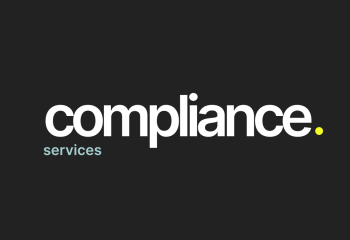Personal data security regulations in the AI era: Challenges and solutions for businesses
Views: 1783
In the digital era, personal data has become a valuable asset, especially with the development of artificial intelligence (AI). The collection and processing of personal data helps businesses understand their customers, optimize their services, and improve their competitiveness. However, this also poses a major challenge in terms of security and compliance with legal regulations.
.png)
Regulations on personal data security in the AI era
-
Decree 13/2023/ND-CP on personal data protection: Effective from July 1, 2023, this decree strictly regulates the collection, analysis and sharing of data to protect the interests of users. Violating enterprises may be disciplined, administratively sanctioned or criminally handled, depending on the severity of the
-
Expected Law on Personal Data Protection: Expected to take effect from January 1, 2026, this law will become an important legal foundation in Vietnam, requiring businesses to comply with higher standards of personal data protection
Challenges for businesses
-
Large and diverse data volumes: Businesses must handle large amounts of personal data, including sensitive information such as bank account numbers and transaction histories. The management and protection of this data requires complex systems and significant resources
-
Risks from AI-generated content: AI can generate new content based on existing data, leading to the risk of privacy and intellectual property violations. Monitoring and verifying the data sources used to train AI becomes more difficult
-
Compliance with legal regulations: Regulations on personal data protection are increasingly strict, requiring businesses to constantly update and adjust policies and processes to ensure compliance and avoid strict penalties.
Solutions for businesses
-
Build a comprehensive data management system: Businesses need to establish a strict data management system, including identifying, encrypting, and monitoring personal data throughout the collection, processing, and storage process
-
Train employees on data security: Employees need to be equipped with knowledge of relevant legal regulations and information security skills to minimize risks from the human factor.
-
Use advanced security technology: Apply modern security solutions, such as data encryption, intrusion detection systems, and AI technology to support security, helping businesses protect data more effectively.
-
Establish a clear data sharing policy: Businesses need to have a transparent policy on data sharing with third parties, ensuring compliance with legal regulations and protecting customer rights.
Conclusion
In the era of AI development, the security of personal data is a big challenge for businesses. Compliance with legal regulations, combined with the application of technology and employee training, will help businesses protect customer information, maintain their reputation and compete effectively in the market.
Author: Nguyen Tran Ngoc Thach - ALTAS LAW
Date: 21.01.2025
.png)

























![?️ [ALTAS TALK IS COMEBACK | SERIES: “TAX MATTERS 2025”] ?️ [ALTAS TALK IS COMEBACK | SERIES: “TAX MATTERS 2025”]](thumbs/210x144x1/upload/news/altas-talkintro-7705.png)



